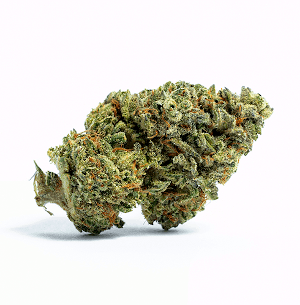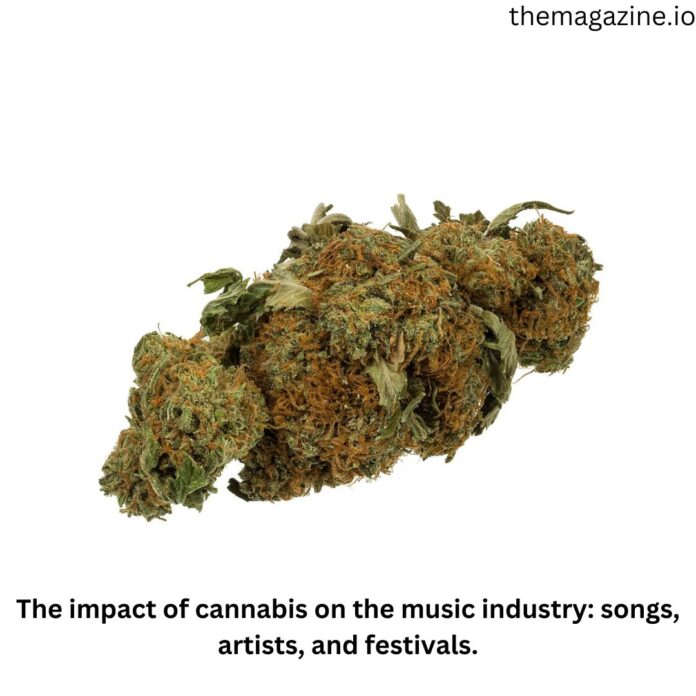The relationship between cannabis and music has a long and storied history. From jazz and blues to rock and hip hop, cannabis has been a source of inspiration and creative fuel for many musicians over the years. With the recent legalization of cannabis in many parts of the world, its impact on the music industry has become more prominent than ever before.
Cannabis has been a common theme in music for decades, with countless songs referencing the plant in one way or another. Some songs celebrate the joys of cannabis consumption, while others lament its negative effects or address the social and political issues surrounding its use. Many artists have openly discussed their own experiences with cannabis, and some have even incorporated it into their stage personas and brand identities.
Beyond its influence on individual artists and songs, cannabis has also played a significant role in music festivals and live events. Cannabis-friendly festivals like High Times Cannabis Cup and Northern Nights Music Festival have become popular destinations for cannabis enthusiasts, offering a unique blend of music, art, and cannabis culture. These festivals often feature performances by popular artists who are known for their cannabis-friendly lyrics and stage presence.
In addition to music festivals, cannabis has also become a part of the music industry’s marketing and branding strategies. Some record labels and music brands have partnered with cannabis companies to create special products or experiences that appeal to cannabis enthusiasts. For example, hip hop artist Snoop Dogg has his own line of cannabis products, while music streaming service Spotify has partnered with cannabis companies to curate playlists and promote cannabis-friendly events.
While cannabis has had a significant impact on the music industry, its legalization has also raised some important questions and concerns. For example, many musicians and industry professionals worry about the potential for increased drug use and substance abuse in the music community. Some also worry that the commercialization of cannabis culture could lead to exploitation and negative impacts on artists and marginalized communities.
Despite these concerns, cannabis continues to be an important part of the music industry and a source of inspiration and creativity for many artists. As the industry continues to evolve and adapt to changing attitudes towards cannabis, it will be important for musicians, industry professionals, and cannabis companies to work together to ensure that cannabis is used responsibly and ethically.
Cannabis has had a significant impact on the music industry, influencing everything from individual songs and artists to festivals and marketing strategies. While its recent legalization has raised some concerns, the relationship between cannabis and music is likely to continue for many years to come. As the industry evolves, it will be important for all stakeholders to work together to ensure that cannabis is used in a responsible and ethical way that benefits both artists and consumers alike.



